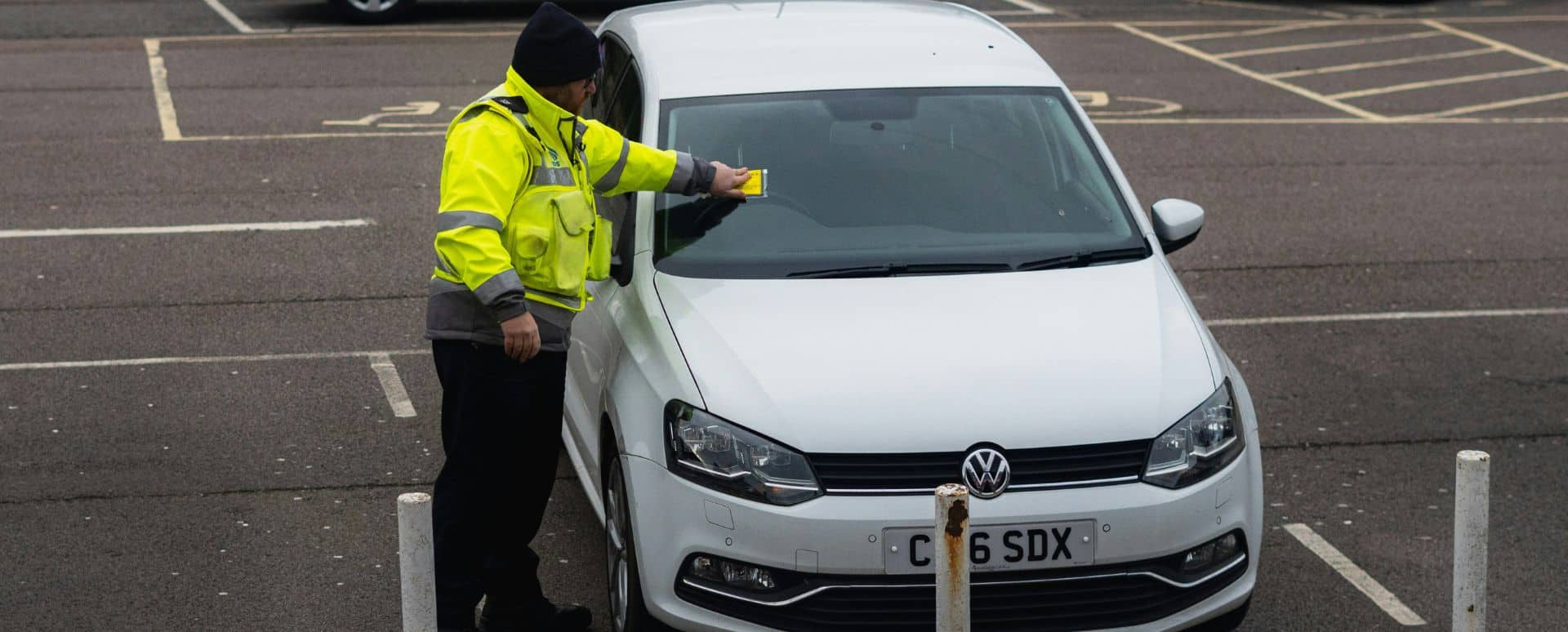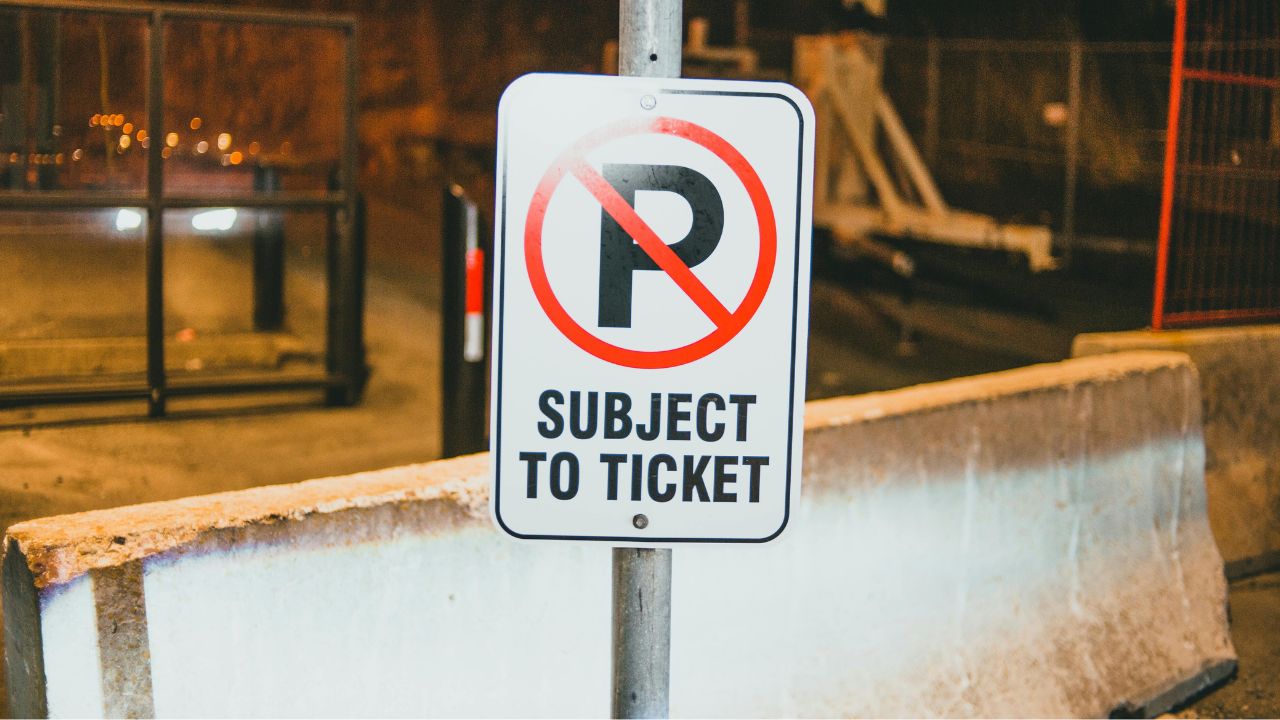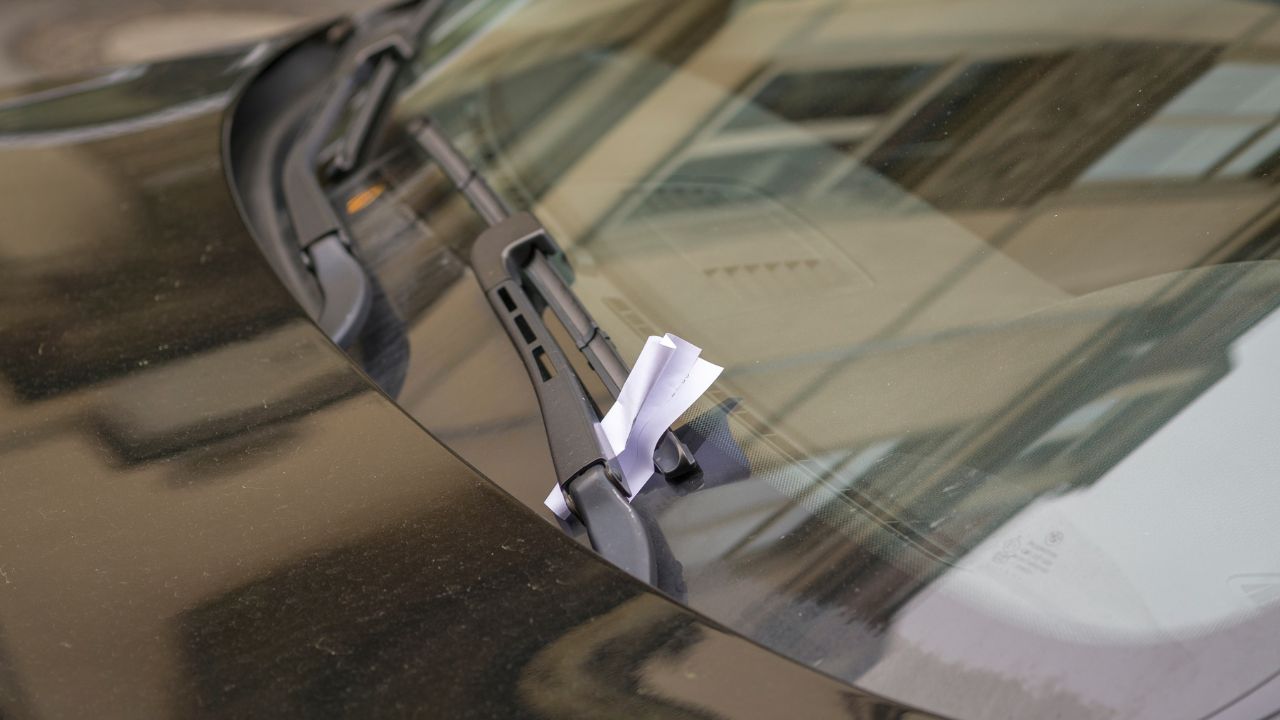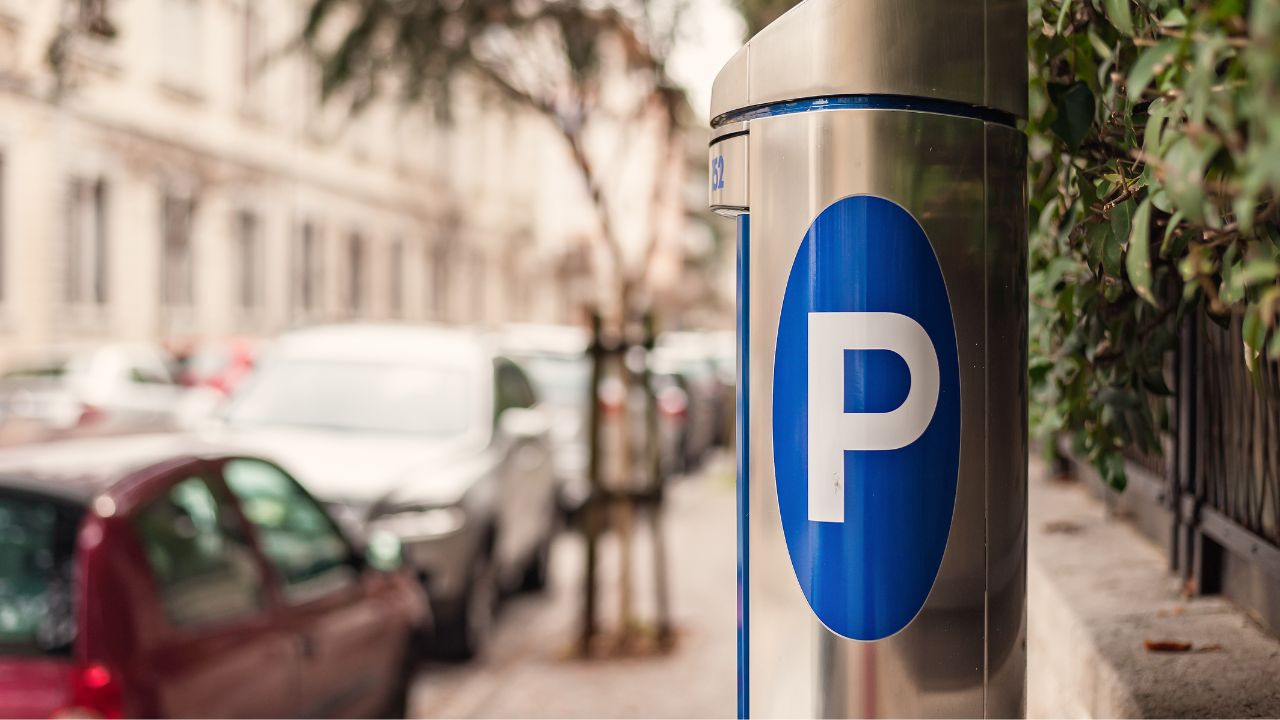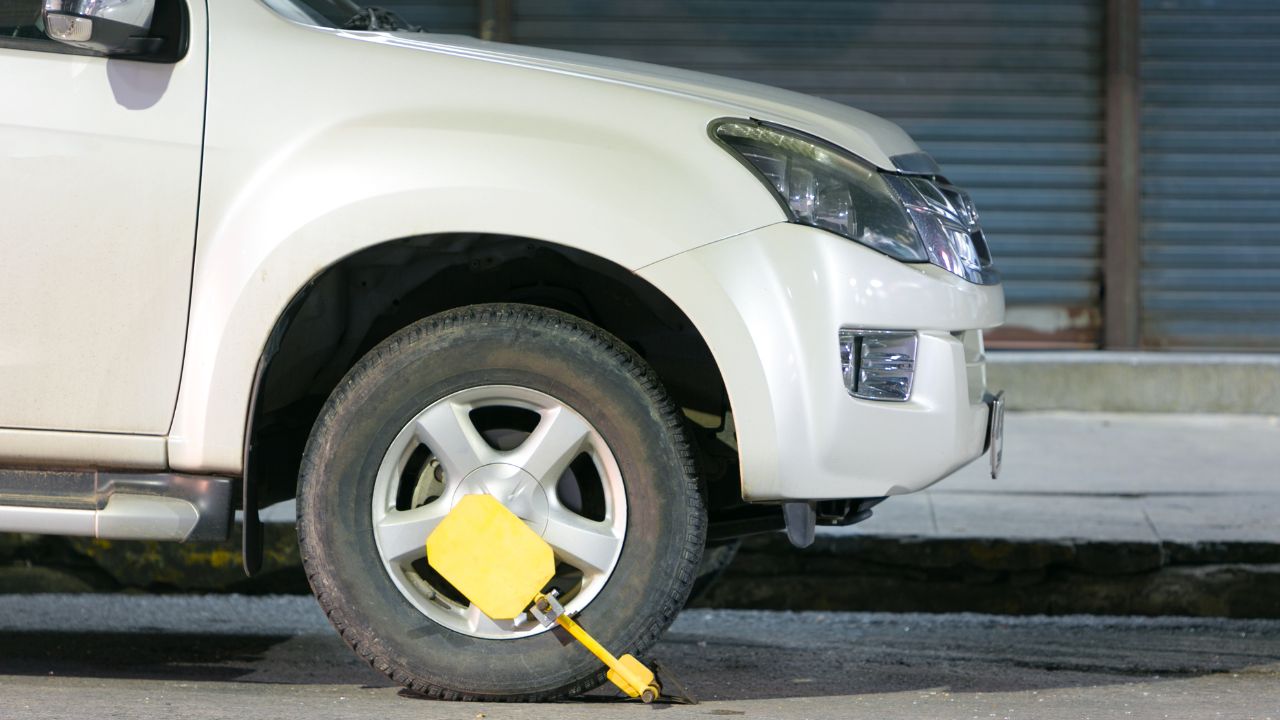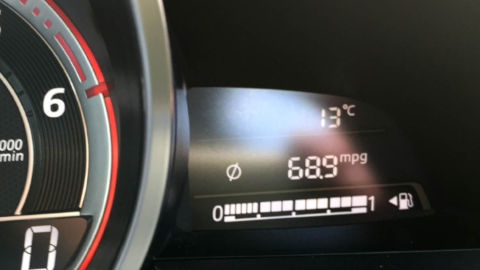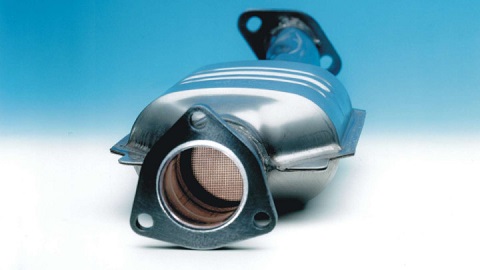A practical guide to parking tickets
Millions of parking tickets are issued every year by the council, the police, and even private companies. That’s why you should be extra careful when choosing where to park your vehicle, and pay attention to the minimum details before deciding if it's a good spot.
Even though most of the tickets can relate to broken rules and were given out fairly, there are a significant amount of fines that were issued mistakenly. This guide will explore the nuances of parking legislation, what to do if you get fined, and how you can appeal those you feel were issued wrongly.
Contents
- Parking legislation
- What’s a parking ticket?
- How do I pay for a parking ticket?
- How to appeal a parking ticket?
- Do you have to pay private parking tickets?
- How many parking tickets can you get in a day?
Parking Legislation
There are many rules to remember when it comes to on-street parking. The most obvious sign you should look out for when searching for a spot is the classic ‘P’ with a single red line crossing it. This sign tends to indicate it’s not allowed to park there under any circumstances.
Paying attention if there are lines painted near the kerb and their colour should give you clues as to whether or not that’s a place where you can leave your vehicle. The legislation to the lines are:
- Double Yellow: No parking allowed at any times unless there’s a sign saying otherwise
- Single Yellow: You’re not allowed to park and wait, load or unload merchandise or passengers during the time period disclosed on the accompanying sign
- Red Lines: These lines are in place to indicate that it’s forbidden to park, wait, load and unload passengers or products. Blue badge holders and taxi drivers picking up or dropping off passengers are exempt from this rule
- Zig-zag Lines: Both yellow and white zig-zag lines were put in place to prevent delays for emergency vehicles and prevent accidents involving pedestrians
When selecting a parking spot, make sure it’s not reserved for blue badge holders. Parking in one of these bays without the badge result in a heavy fine.
What’s a parking ticket?
A parking ticket is a fine issued by an authority to people who have violated parking rules. There are two types of parking tickets: Penalty Charge Notice, also known as PCN, and Fixed Penalty Notices, which can be referred to as FPN. Neither of these parking penalties are considered criminal offences and you won’t go to prison if you fail to pay them in time.
The main difference between the charges are:
- PCN: are tickets issued by parking attendants (employed by the council) for violations in private property, such as supermarket car park
- FPN: are issued by traffic wardens (employed by the police) for severe violations, such as parking in a priority area, red routes, white zig-zags, or locations where the police manage traffic
How do I pay for a parking ticket?
You have up to 28 days to pay or appeal your parking ticket after it’s been issued. If the fine is paid within the first 14 days, you won’t have to pay the full amount, only half of it. The deadline for payment is extended to 21 days if the violation was caught on camera and the fine was issued via post.
Even though you have an extended period of time to make the payment, and you can drive home after you’ve been issued a PCN or a FPN, there are penalties where you’ll be required to make a payment before you drive away with your vehicle.
If your car has been clamped or towed, you will be required to make an immediate payment before the vehicle can be retrieved.
You can make payments for both, PCN and FPN, online via the government website.
How to appeal a parking ticket?
You can appeal your parking ticket informally by getting in touch with your local authorities and attaching any form of evidence that will prove that the ticket was issued wrongly. Which authority you should contact will depend on whether you’re appealing to a PCN or FPN.
If you’ve been issued a FPN, you’ll need to check if the ticket was given out by the council or the police. You’ll need to get in touch with whichever authority issued the fine via post or email. You can get in touch directly with the council if you were issued a PCN.
Both appeals should include the following information:
Evidence
It’s important to attach as much proof as you possibly can to increase the chances of winning the appeal. Among the documents you can attach are:
- Witness Statement: if anyone witnessed the situation and can testify in your favour, you should ask them to write a letter called ‘Witness Statement’ describing what happened and why they believe the ticket should be revoked
- Photos: if you have any pictures of your vehicle showing it wasn’t parked on any road markings to restrict parking or faded signs that were unreadable or hard to understand
- Ticket: a valid pay and display ticket (if it applies)
- Repair note: if your car broke down, you should attach a repair note from the garage
Personal Information
You should also include your personal and your vehicle’s information to facilitate the process.
- Penalty notice number
- Date the ticket was issued
- Vehicle’s registration number
- Your address
If you’re appealing the ticket via post, it’s recommended you send copies of the documents in case they get lost in the post and that you send it by record delivery so you have proof the letter arrived at the destination.
If your informal appeal has been rejected, you have up to 28 days to make a formal appeal.
Making a formal appeal for PCN
You’ll receive a letter called ‘Notice to owner’ where the council explains how to ‘Make formal representations’ free of charge.
If your formal appeal is rejected, you’ll receive a letter called ‘Notice of rejection’. In this situation, you can make one last try, and appeal to a tribunal. This is free of charge, and you won’t need to attend a hearing. Everything can be done online in writing, and you can attach the evidence needed.
If you’re looking to appeal from London, you can start the process on London Tribunals website. Use Traffic Penalty Tribunal if you’re appealing from outside the London area.
Making a formal appeal for FPN
If your informal appeal is rejected, you’ll receive a letter saying your ticket won’t be cancelled. At this point, it’s recommended that you bite the bullet and make the payment. You can make a formal appeal, however, you should seek legal advice before doing so.
Unlike PCN, appealing to a FPN isn’t free, and you’ll have to ask for a hearing in a magistrate’s court. This process will require your physical presence, and you’ll have to plea ‘not guilty’ in court. If your appeal is successful, you’ll receive a refund for your FPN.
If your appeal is unsuccessful, your fine will increase by 50 percent, and you’ll have to pay for the court costs on top of the increased fine.
Do you have to pay private parking tickets?
There's a lot of controversy around this topic. Even though a Penalty Charge Notice (PCN) isn't an official document, it's recommended you make the payment within the deadline to avoid escalating the issue.
Waiting to resolve this parking ticket when the private landowner take you to court could result in a much larger fine, and it'll be more time-consuming. You'll be assuming an unnecessary risk, as there's no way to predict what the verdict is going to be.
If you feel you've been wrongfully issued a parking ticket, the best advice is to appeal through the proper channels instead of just ignoring it.
There are conflicting opinions on whether you should pay for a PNC online, but you do have the option to pay via your local council's website or transport for London webpage, both options are listed on the government's website.
How many parking tickets can you get in a day?
There’s no set limit as to how many parking tickets you can receive in a day. The rule states that you can receive a parking ticket for the same offence, in the same day, for every 2 to 3 hours. This means that if you leave your vehicle parked in a prohibited area for 24 hours, you could receive up to 12 penalty charge notices.
In case you receive multiple tickets for the same offence, make sure to check the times stamped on the penalty charge notices. In case you find more than one ticket issued with less than three hours from each other, you can appeal to have one of them revoked.
Learn more about parking legislation with Evans Halshaw
When it comes to parking, the best approach to avoid headaches is watching for signs and road lines. Keeping an eye out for anything that could end up in a fine or penalty charges will make your parking experience easier and quicker.
You can find more information about traffic legislation and maintenance guides at the owners guide section of the Evans Halshaw Blog.
There's no exact answer to this question, as the fine can vary depending on where you live and what type of parking ticket you got. PNCs are issued by private landowners, and there's no fixed rate as to how much they can charge for a parking offence.
Usually a parking ticket can range from £80 to £160, but as previously mentioned the amount could be higher.
The acronym PCN stand for Penalty Charge Notice. This is a type of parking ticket issued to motorists parked in a private property that aren't adhering to the parking rules.

